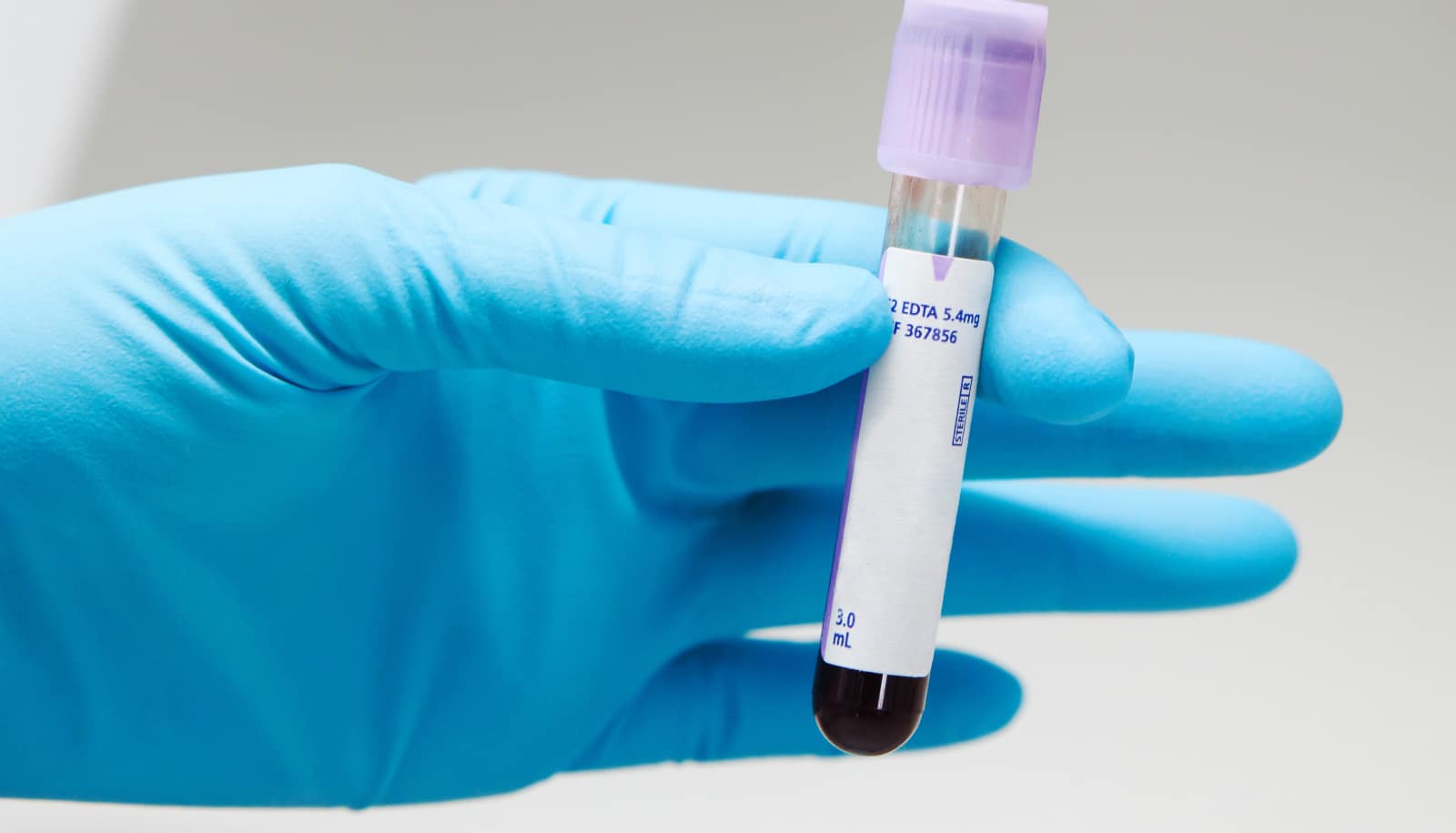Scientists are advising doctors to stop using a widely ordered blood test to diagnose heart attacks. They say the test adds no value in evaluating patients and increases health care costs.
The test, called creatine kinase-myocardial band (CK-MB), can be safely eliminated in favor of a test that detects levels of troponin, researchers report in JAMA Internal Medicine.
Cardiac troponin and CK-MB tests are two tools doctors use to measure levels of proteins released into the bloodstream when heart cells are injured. In 2000, the American College of Cardiology and the European Society of Cardiology identified cardiac troponin as the ideal biomarker due to its high sensitivity for detecting injury to the heart.
The 2014 American Heart Association/American College of Cardiology guidelines concluded that CK-MB provides no additional diagnostic value. But a 2013 survey by the College of American Pathologists found that 77 percent of nearly 2,000 labs in the United States still used CK-MB as a cardiac damage biomarker, says Jeffery Trost, assistant professor of medicine at the Johns Hopkins University School of Medicine and the report’s corresponding author.
Being fit may help you survive a heart attack
The clinical and financial implications of continuing CK-MB testing are significant. Researchers estimate that blood tests for diagnosing heart attacks add $416 million each year to the cost of care and cite studies showing that, in addition to its diagnostic value, troponin testing is a more definitive predictor of in-hospital mortality and severity of disease.
The new report highlights the need to phase out the CK-MB test and provides a four-step blueprint for hospitals and doctors to do so, based on US Health Resources and Services Administration strategies for any quality improvement initiative:
- Implement a hospital-wide education campaign.
- Remove CK-MB from standardized heart disease routine order sets.
- Create a best practice “alert” that pops up when clinicians order CK-MB tests on computerized order entry systems.
- Measure patient care quality and safety outcomes before and after the test is eliminated.
The CK-MB report, drawing on a statement from the American College of Cardiology and five peer-reviewed studies, is the first peer-reviewed implementation guide from the High Value Practice Academic Alliance, a national coalition created by the Johns Hopkins School of Medicine. Faculty from more than 80 academic institutions, representing 15 medical specialties and subspecialties, have joined HVPAA and are working together to advance quality-driven value improvement in health care.
Source: Johns Hopkins University



